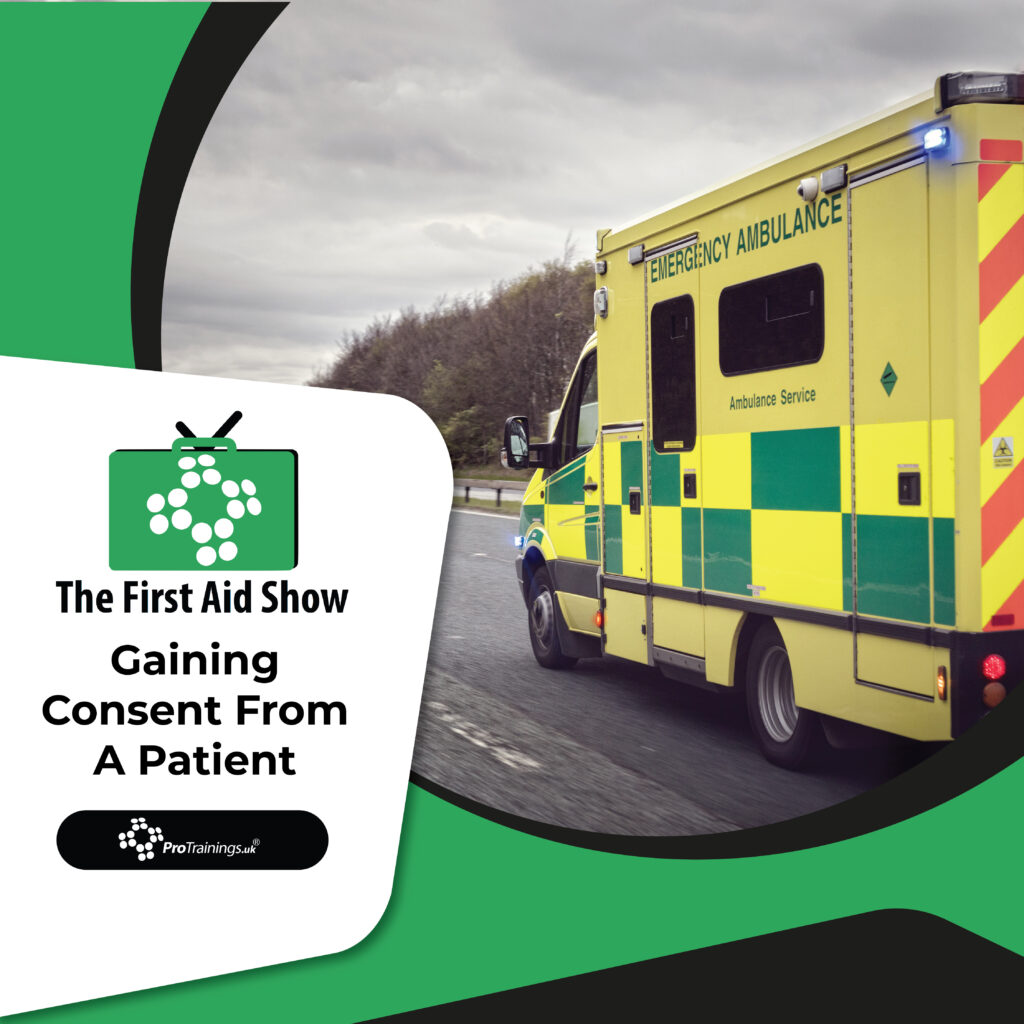Understanding Consent in Emergency Medical Situations
Welcome to this edition of the First Aid Show. Today, we delve into the crucial topic of gaining consent from patients before administering emergency medical care.
What Does Gaining Consent Entail?
Gaining consent is not just a formal requirement; it’s a fundamental aspect of patient care that respects the individual’s rights and autonomy. Consent involves clearly explaining to the patient who you are, what you intend to do, and why it is necessary, thereby allowing them to make an informed decision about their treatment.
Building Rapport and Trust
The first step in gaining consent is building a rapport with the patient:
- Introduce yourself and your role clearly to create a comfortable and trusting environment.
- Ensure that the patient understands the purpose and nature of the treatment you propose.
How to Obtain Consent
Consent must be obtained before proceeding with any medical intervention:
- Verbally ask the patient for their permission to treat them and explain what procedures are involved.
- Discuss any potential risks and benefits, allowing the patient to ask questions and express concerns.
Acting Without Consent
In situations where a patient is unable to give consent, such as unconsciousness or severe distress, medical professionals are guided by the principle of acting in the best interest of the patient:
- Emergency care will proceed under the assumption that the patient would want treatment necessary to preserve life or prevent further harm.
- This approach is based on ethical practices and legal standards that prioritize patient welfare and dignity.
Conclusion: The Role of Consent in Emergency Care
Gaining consent is an integral part of emergency medical services, ensuring that patient care is both ethical and legal. It fosters trust and communication between the patient and healthcare providers, ultimately enhancing the quality of care delivered. Through this discussion, “gaining consent from a patient” emerges as a critical element in the respectful and effective treatment of individuals in emergency situations.


